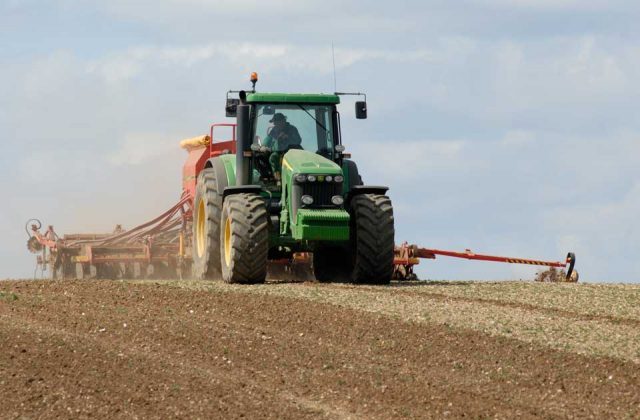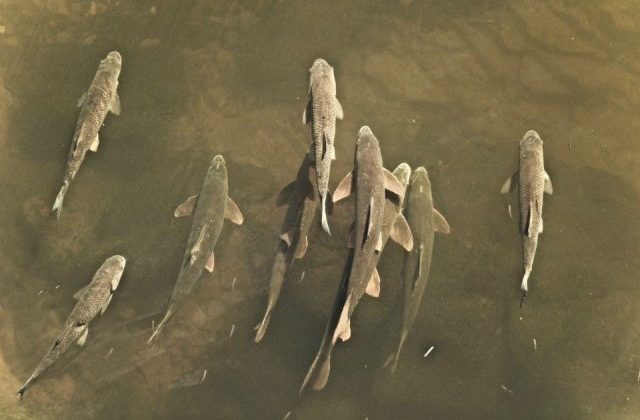Government to help farmers tackle air pollution in new Clean Air Strategy

As part of the launch of the Government’s Clean Air Strategy, we also outlined the specific support that will be provided to farmers reduce their emissions.
Agriculture is responsible for 88% of UK emissions of ammonia gas which can travel long distances, be damaging to the environment, and combine with other pollutants to form fine Particulate Matter (PM) pollution, which are harmful to human health.
This has received positive coverage in Farmers Weekly, the Yorkshire Post, and was the main theme of Channel 4 News’ reporting of the strategy last night. Air Quality News also covers the strategy’s emissions, which includes a commitment from the NFU to work with the government to ensure farmers will have access to the support they will need to make these important changes.
Farming Minister, George Eustice said:
Ammonia emissions can have a significant impact on the environment and on our health, and as custodians of the land, farmers have an important role to play in reducing them.
Our future agriculture policy will involve financial rewards and incentives to help farmers reduce their ammonia emissions.
Natural England are already examining options to improve the effectiveness of schemes for mitigating ammonia emissions in protecting these habitats, and, with partners, Natural England will be running a series of farm demonstration events in February and March to show what can be done to reduce ammonia emissions.
Free training and advice will be available to help support farmers to, for example, make choices about investment in infrastructure and equipment to reduce emissions.
Marian Spain, Natural England Interim Chief Executive, said:
Natural England has a team of experts poised to support farmers to take action which will help improve our environment and safeguard our precious natural habitats from the damaging effects of nitrogen pollution.
We are committed to making sure that future agriculture schemes mean farmers businesses can work in harmony with the natural environment and ensure wildlife can be enjoyed by future generations. And Natural England teams are already, through the Catchment Sensitive Farming programme, working on the ground providing essential advice and guidance to farmers to tackle pollution to water, land and the air.
Under the new strategy the Government will provide farmers with support to invest in infrastructure and equipment to reduce emissions and will work with industry to encourage low emission, holistic farming techniques.
Consultation on the future of the coarse fishing closed season

The Environment Agency issued a press release about the beginning of public consultation on the future of the close season for coarse fishing on rivers in England.
The close season halts coarse fishing on rivers from 15 March to 15 June to protect fish during spawning. It was removed from most stillwaters in 1995 and most canals in 2000. Its effectiveness and future has been the subject of debate among angling interests.
The current public consultation is open for eight weeks ending on 11 March 2019 and invites interested people to give their views on three options - retaining the close season on its current dates, retaining the close season but changing the dates, or removing it altogether. The story was covered in the Western Morning News, Mirage News and Bolton News.
Kevin Austin, Deputy Director of Fisheries at the Environment Agency said:
We want to hear the views of anybody with an interest in coarse fisheries, their preferred way forward and the reasons and evidence to support that. This will help us decide whether there is a case for change.